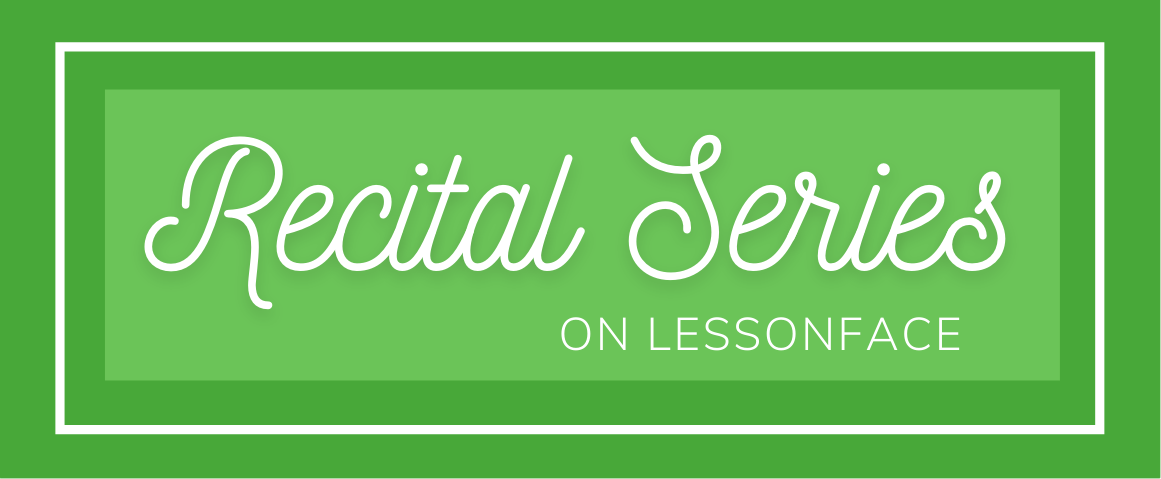Beta blockers are a class of prescription drugs normally used to treat patients with heart problems. They can help manage abnormal heart rhythms, protect the heart from a second heart attack, and treat high blood pressure. They work by blocking adrenaline and other stress hormones from binding to beta receptors in the body, thereby weakening stress responses.
While not officially approved by the FDA for treating anxiety, many studies suggest that they’re effective in treating anxiety disorders. This is because beta blockers significantly reduce physiological symptoms of the fight-or-flight response such as a pounding heart, clammy hands, fast breathing, etc. Because they lower heart rate and reduce tremors, beta blockers are considered performance-enhancing drugs for certain sports (archery, shooting, golf) and are banned by the Olympic Committee. Even surgeons have used beta blockers to steady their hands during work.
Beta blockers began being used to alleviate stage fright and tremors during in auditions and performances in the 1970s. Professional musicians, public speakers, actors, and dancers have all reported use. One study found that about one-third of the musicians in major orchestras in the US have taken beta blockers to combat performance (or audition) anxiety at some point in their careers.
While beta blockers are controversial in certain circles, they’re not generally considered ‘cheating’ for musicians the way that they are for Olympic athletes. Beta blockers will not help a musician play beyond their technical and musical capabilities, and they’re no substitute for careful practice and preparation. They don’t increase mental clarity, improve technical accuracy, or enhance creativity. Rather, they relieve symptoms that would otherwise interfere with an individual’s ability to play well despite intense stage fright.
Cons
1. There are side effects
As with any drug, beta blockers have secondary effects and contraindications. They are not appropriate for use by musicians with asthma, diabetes, or thyroid conditions, for example. They can also have side effects such as nausea, diarrhea, and dizziness, none of which are helpful to a calm performance mindset.
2. They can be dangerous if obtained outside of a doctor’s care
Beta blockers are inexpensive and prevalent in competitive music communities, making them all too easy to obtain from friends rather than from a doctor’s prescription. In rare cases, beta blockers can cause serious complications, and only a doctor who knows your history help you decide whether the potential benefits outweigh the risks.
3. They don’t fix everything
The physical symptoms of anxiety are not the only challenges we have to contend with on stage. Don’t expect them to calm your racing thoughts, inspire your interpretation, or help you nail that fast run that only comes out cleanly 1 in 5 times in practice. Focus, musicality, and technical issues can only be improved with correct practice.
4. They can prevent performers from getting to the roots of their problems.
Most cases of performance anxiety - even cases that seem very severe at some point in an artist’s life - can be resolved by getting to the heart of the problem. Often, a musician simply needs more experience performing to build up confidence and learn to enjoy it. Sometimes stage fright has deeper roots that may require the help of a therapist. But any journey of self-discovery will be an asset to your art in the long run. With a quick fix always at your fingertips, it maybe tempting to forgo a natural solution to the problem.
5. They can dull your performance
If we learn how to manage nerves properly, we can channel them into an edgy, productive energy that adds healthy tension and excitement to our performances. Many experienced performers rely on the pressure of being on stage to energize and inspire them. Musicians who rely on beta blockers forgo the opportunity to learn to use nerves productively. Some opponents to beta blockers argue that performances aided by beta blockers are soulless, inauthentic, and lack intensity.
Pros (and potentially appropriate uses)
1. They can help you through a one-time rough patch
If you’re slowly but surely working through your stage fright and gaining performing experience, and the audition of a lifetime comes your way before you’ve seen much progress, beta blockers could help you take your best shot at the opportunity.
2. A valid last resort
A few rare and dedicated musicians truly do exhaust all natural options for managing nerves. They may be experienced, mature, and brilliant musicians who innately have an insistent, hyperactive flight-or-fight response. Those musicians shouldn’t have to give up the option of doing what they love for a profession when a decent, relatively safe option exist.
3. Proper use of beta blockers is occasional.
Even mature professionals who rely on them don’t have big auditions and performances every day. They know to use them for certain sorts of situations that are likely to induce debilitating nerves. Therefore the risk of long-term effects is minimal.
My thoughts
I haven’t taken beta blockers, but the idea was very tempting during my first two years as a classical guitar student. I was terrified of nearly every performance - nerves made my hands shake, my shaking hands worsened my nerves, and thus began a vicious cycle. I gave several lousy, embarrassing performances as a direct result of nerves. Those bombed performances upset me at the time--I’d worked hard to prepare for them and in theory was excited about sharing my music. But ultimately they were steps in a learning process, and what better environment to have those sorts of experiences than one’s first couple years music school? We’re all there to learn, and the long-term consequences of a few bad performances on student recitals are zero. In my case, beta blockers would have been a band aid that prevented me from learning how to properly manage nerves. What helped the most was understanding the science behind the response and performing in spite of nerves over and over again. I still get nervous before most performances. In general the physical symptoms of nerves are much milder, but every now and then the shaking hands return full force. However, I know from experience that I can play through shaking hands, and avoid engaging with the negative thoughts that lead to panic.
I feel like beta blockers tend to be overused in competitive music environments, and that many of the musicians who take them are missing out on opportunities to learn and grow. But a mature musician who occasionally relies on beta blockers shouldn’t feel any shame or judgment for it. They’ve put in their countless hours in the practice room just like everyone else, and deserve to enjoy the fruits of that labor.
Sources and Further Reading
Better Playing Through Chemistry (New York Times)





Wonderful article!
Interesting read Leah. Thank you for sharing your insights. Have you had the chance to try any natural alternatives?
Although probably not as effective, some that come to mind are gaba and ashwagandha.
Gaba | Cleveland Clinic
Gaba | WebMD
Gaba | National Library of Medicine
Ashwagandha | National Institutes of Health
Ashwagandha | Healthline
Ashwagandha | WebMD
Hi everyone,
I certainly identify with Leah's mention about shaking hands, it happened to me during my student harp and violin recitals. It seems to improve with practice...and I do still need more practise! What I have learned, however, is I don't have issues with nerves when I sing or play the Native American flute in a concert. Both these instruments force me to take deep breathes and long, sustained exhales. So it has made me wonder if breathing exercises would help me with stage fright regarding other instruments.
Here is a link to a violinist showing some simple backstage breathing exercises before a performance. https://www.youtube.com/watch?v=5m5z9FbEElk I hope this is helpful to whoever is in the same place I have been! Sierra
Hi JJ and Sierra! JJ, I never ended up trying any natural alternatives because once I had a few years experience with performing, I stopped getting as nervous. That's interesting that there are so many natural alternatives! Sierra, thanks for sharing the link, I'll keep it in mind for my nervous students.
Leah